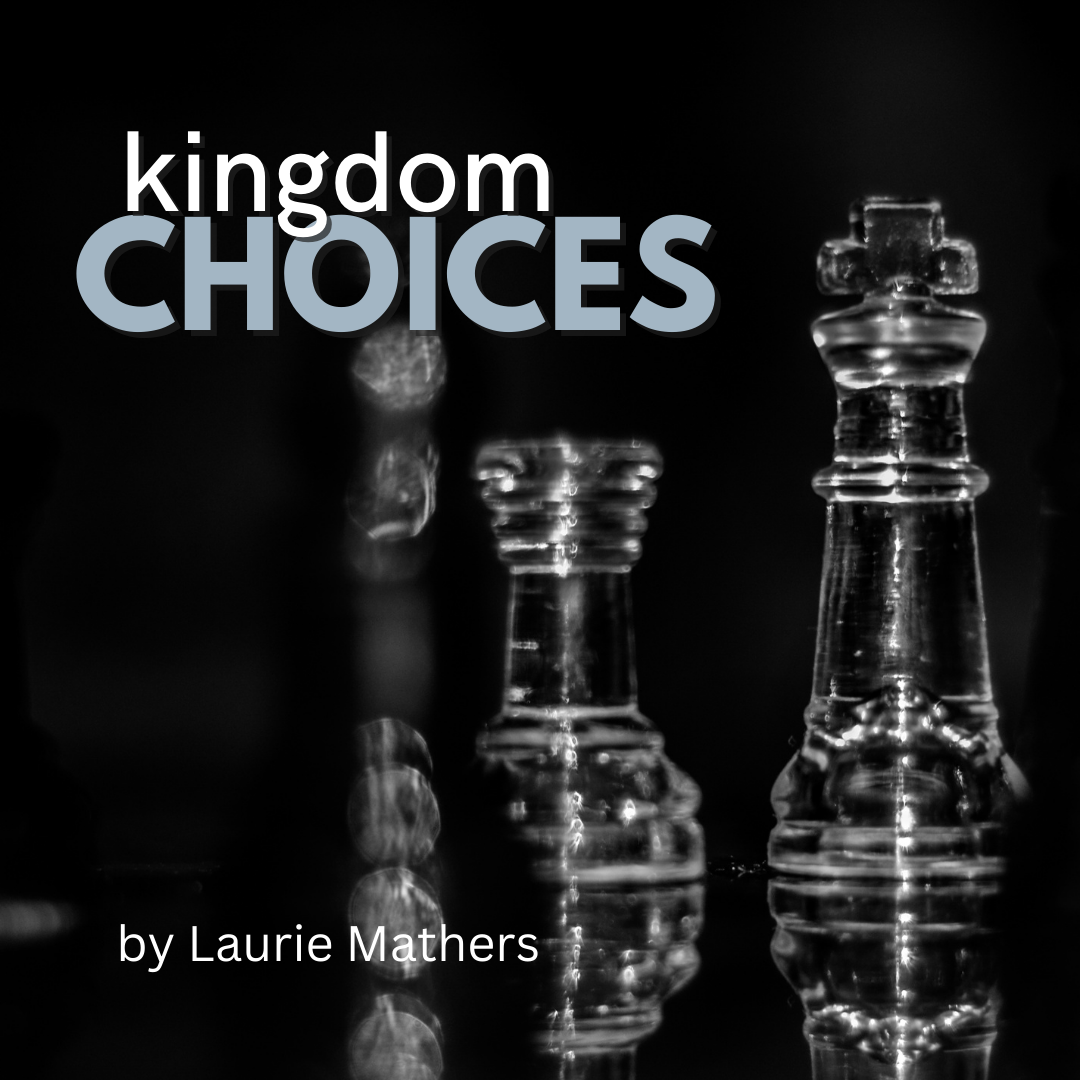Kingdom Choices
The tiny book of Obadiah is a prophecy for two kingdoms: Edom, the descendants of Esau, and Israel, the descendants of Jacob. Long before they were nations, however, Jacob and Esau were twin brothers, and from the womb they were at odds. When “the children struggled together within her,” their mother, Rebekah, inquired of the LORD. And this was His reply:
Two nations are in your womb,
and two peoples from within you shall be divided;
the one shall be stronger than the other,
the older shall serve the younger.
Gen. 25:23
Esau, the firstborn, was a man’s man, his father’s favorite. Jacob, on the other hand, was quiet, a homebody, and a momma’s boy. But there was something more fundamental than personality types that set them apart. It’s clear from the record of their lives that Jacob and Esau were both grievous sinners. One might even argue that Jacob, deceptive as he was, was the worse of the two. He certainly could not have earned God’s favor by the uprightness of his character. Yet God chose Jacob? Why? The apostle Paul explains in Romans 9:
Though they were not yet born and had done nothing either good or bad—in order that God’s purpose of election might continue, not because of works but because of him who calls— she was told, ‘The older will serve the younger.’ As it is written, ‘Jacob I loved, but Esau I hated.
vv. 11-13
In other words, God established their destinies before their birth to make it clear that it was His sovereign choice, not their works, that accounted for their standing before God.
And yet we have the testimony of Hebrews that Jacob, like Abraham and Isaac before him, and the rest of God’s chosen through the ages, was a man of faith, and as such, God was pleased with him. This does not mean he (or they) ceased to sin but that he desired, as Hebrews puts it, “a better country, that is, a heavenly one” (Heb. 11:16). And this desire for a better country set Jacob’s life on a different trajectory. In the words of James, Jacob’s “faith was completed by his works” (Jas. 2:22b).
And so, we might say, that Esau’s lack of faith was completed by his works. Jacob recognized the value of Esau’s birthright; Esau, on the other hand, traded it to him for nothing more than a bowl of soup. That trade is a snapshot of the two worldviews that form the basis of two very different kingdoms—not just the kingdoms of Edom and Judah, as in Obadiah, but, as in the rest of Scripture, the kingdom of man and the kingdom of God.
The kingdom of man, which Esau represents, is every man’s default kingdom. We are all its natural born citizens; it owns our native, most patriotic loyalty. But it is, at heart, a kingdom of rebels who readily exchange God’s authority, glory, and goodness for temporal pleasure, political power, and perceived autonomy. But, throughout Scripture, God has promised to judge that kingdom’s sins and bring it to a complete end.
The kingdom of God, stands diametrically opposed to the kingdom of our birth. Its people have listened to His word, willingly submitted to His sovereignty, and so heartily believed in the kindness and righteousness of His ways that they’ve relinquished their citizenship to the kingdom of their birth, “choosing rather to be mistreated with the people of God than to enjoy the fleeting pleasures of sin” (Heb. 11:25), and to await the ultimate triumph of God’s kingdom, the only kingdom that will last. “Therefore God is not ashamed to be called their God, for he has prepared for them a city” (Heb. 11:16b).

